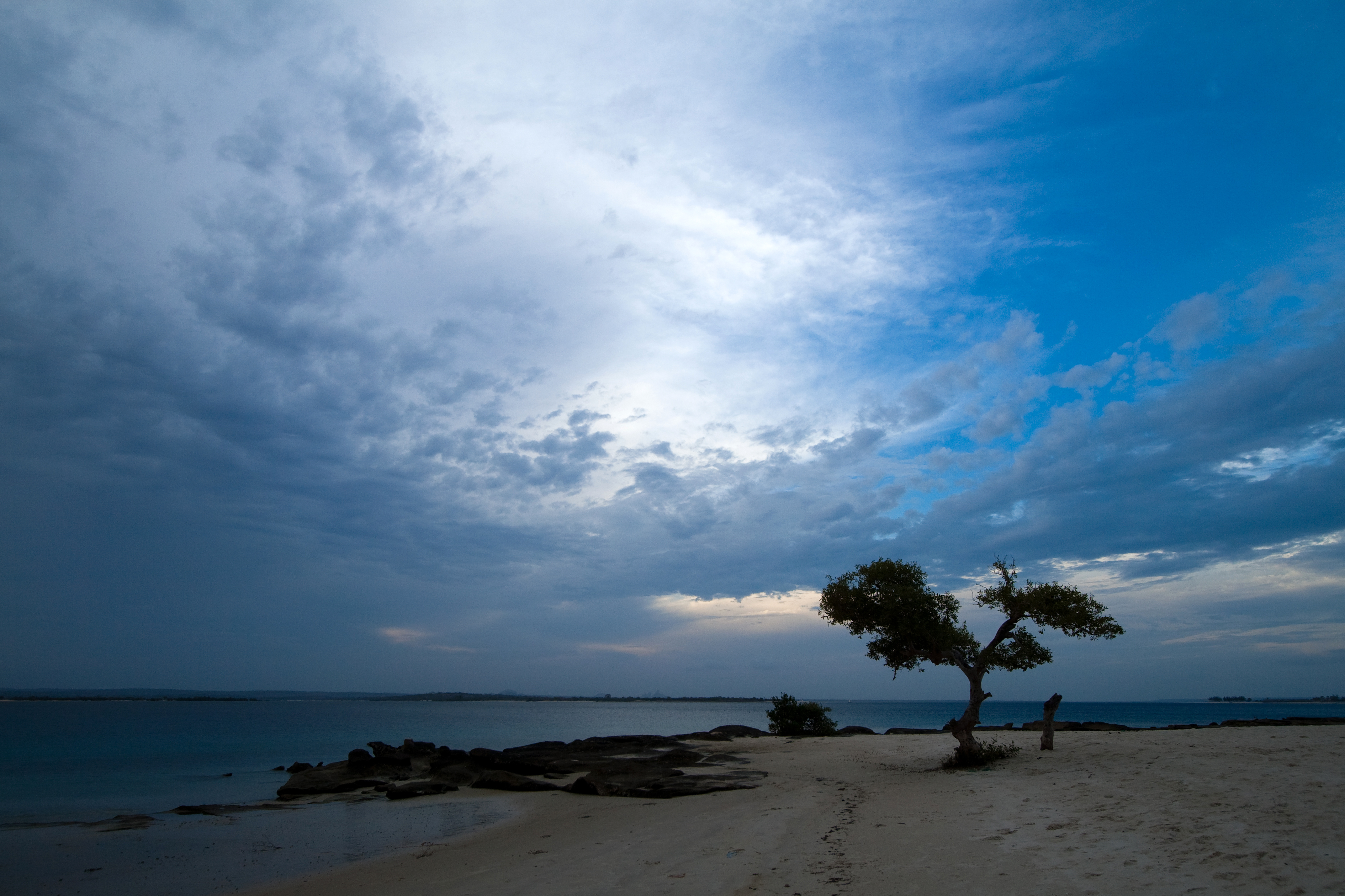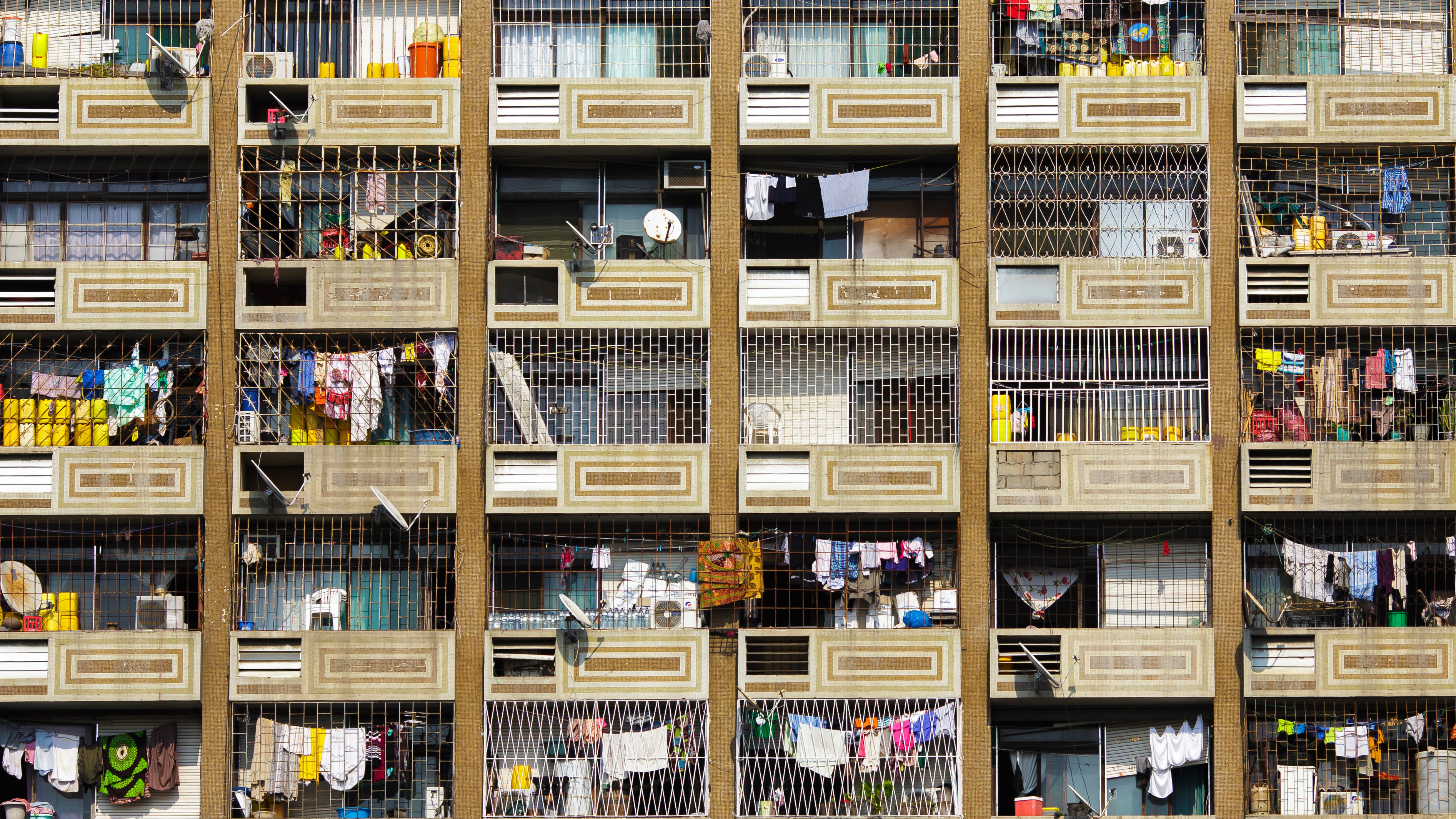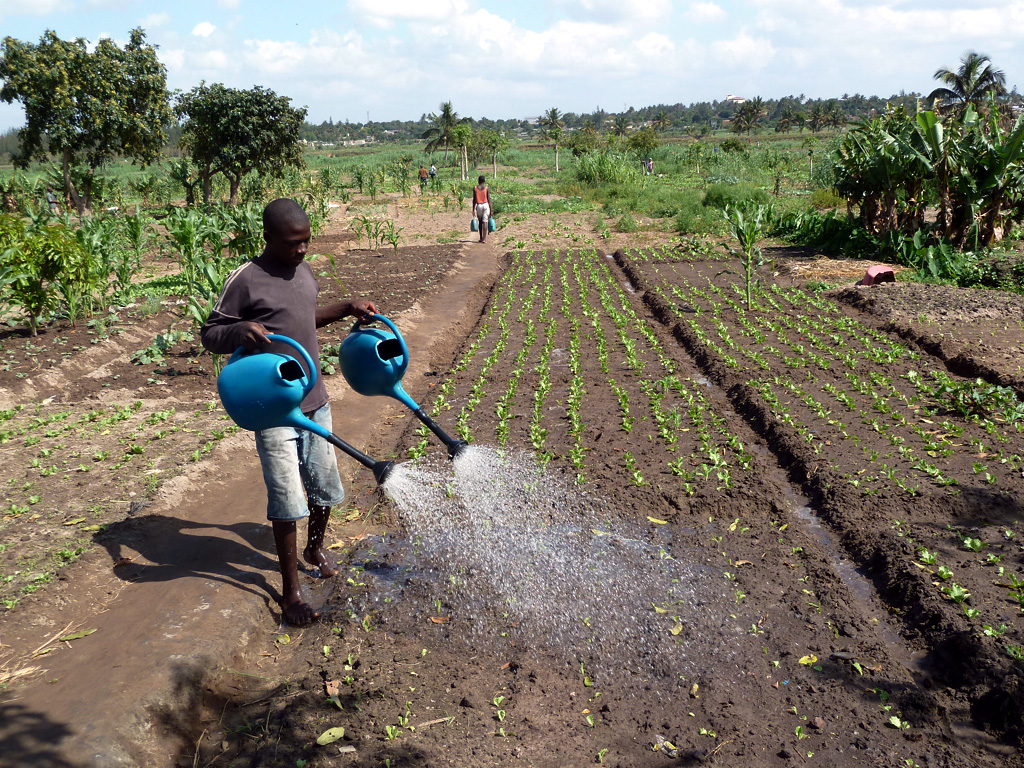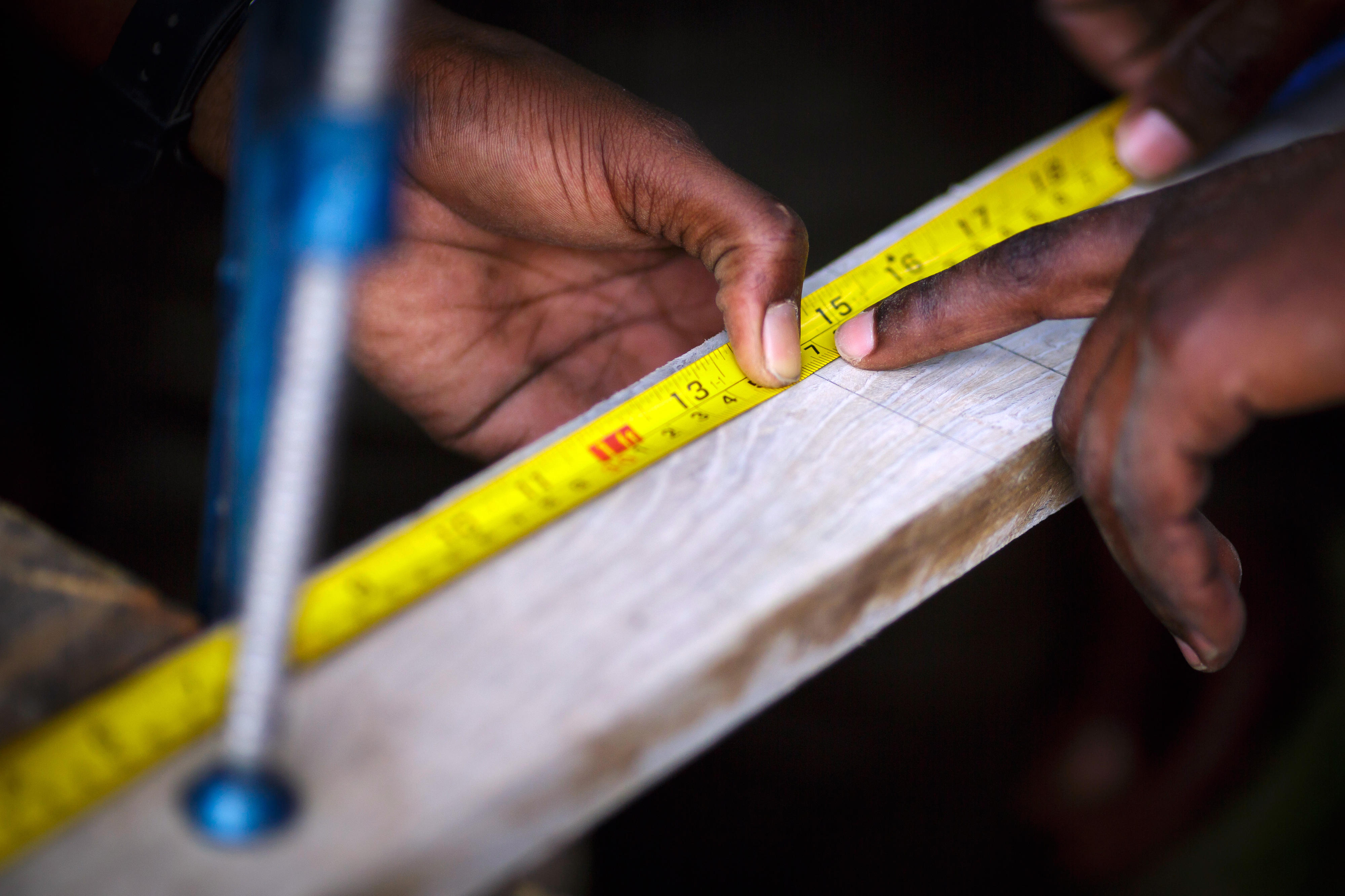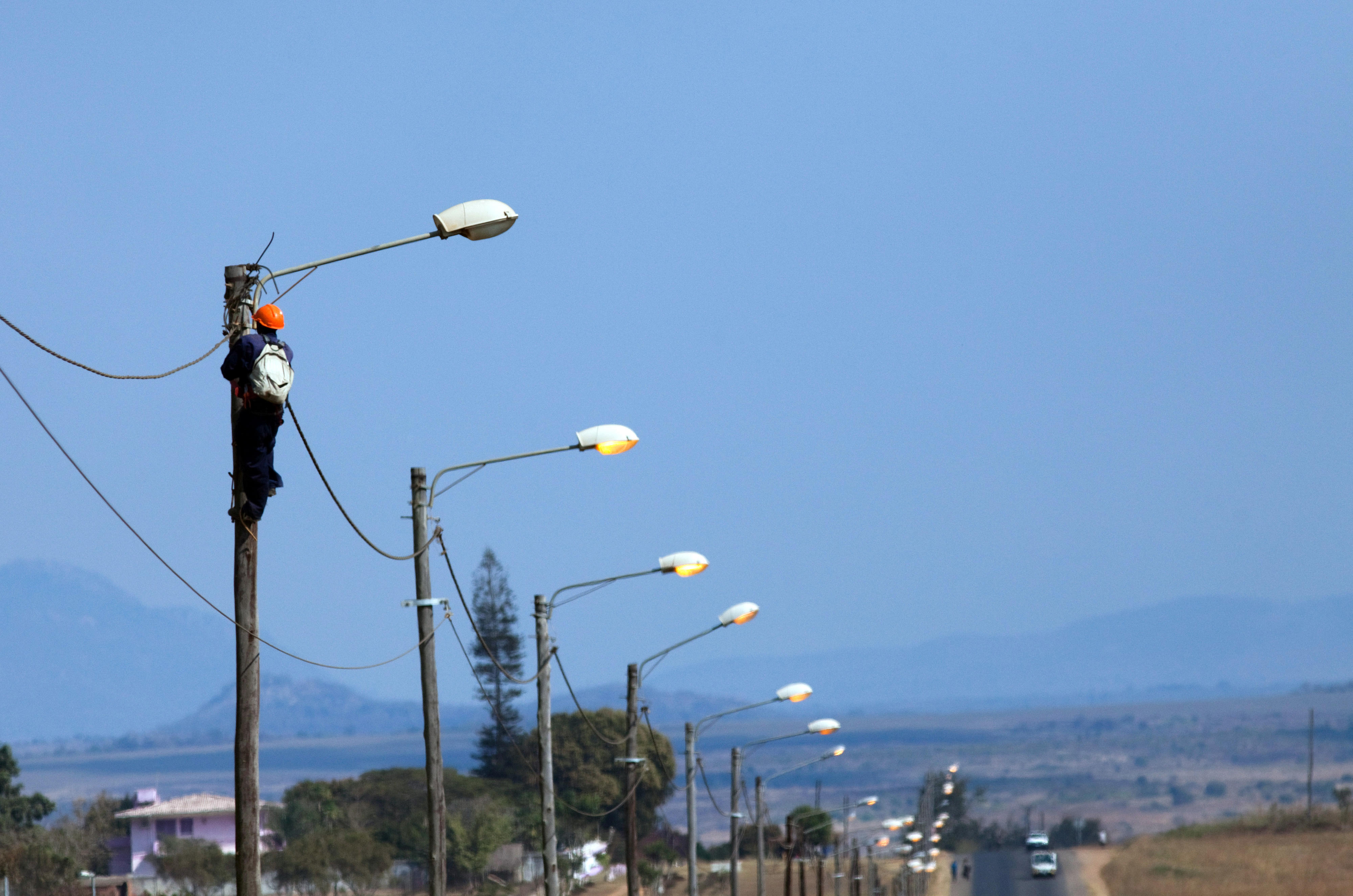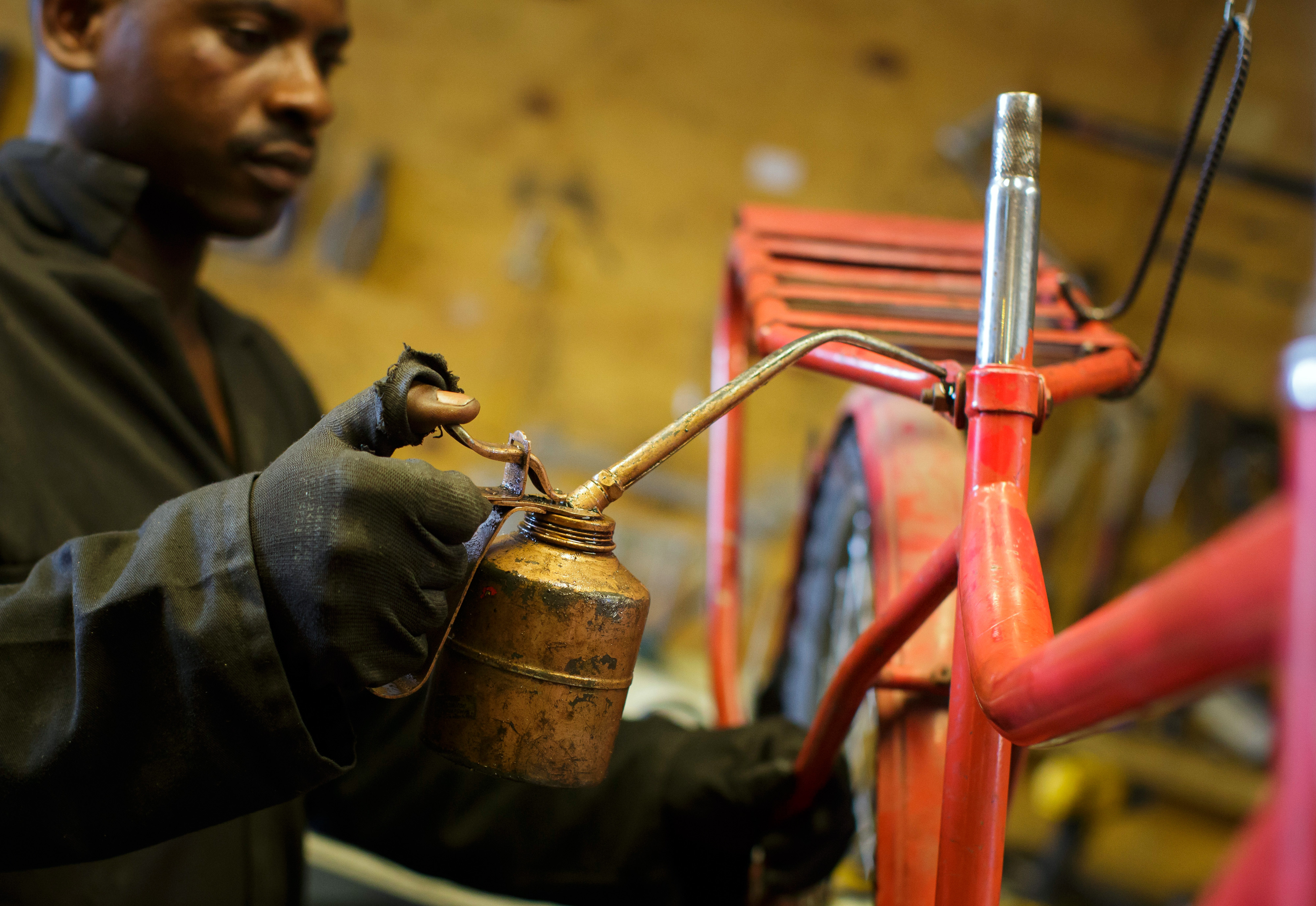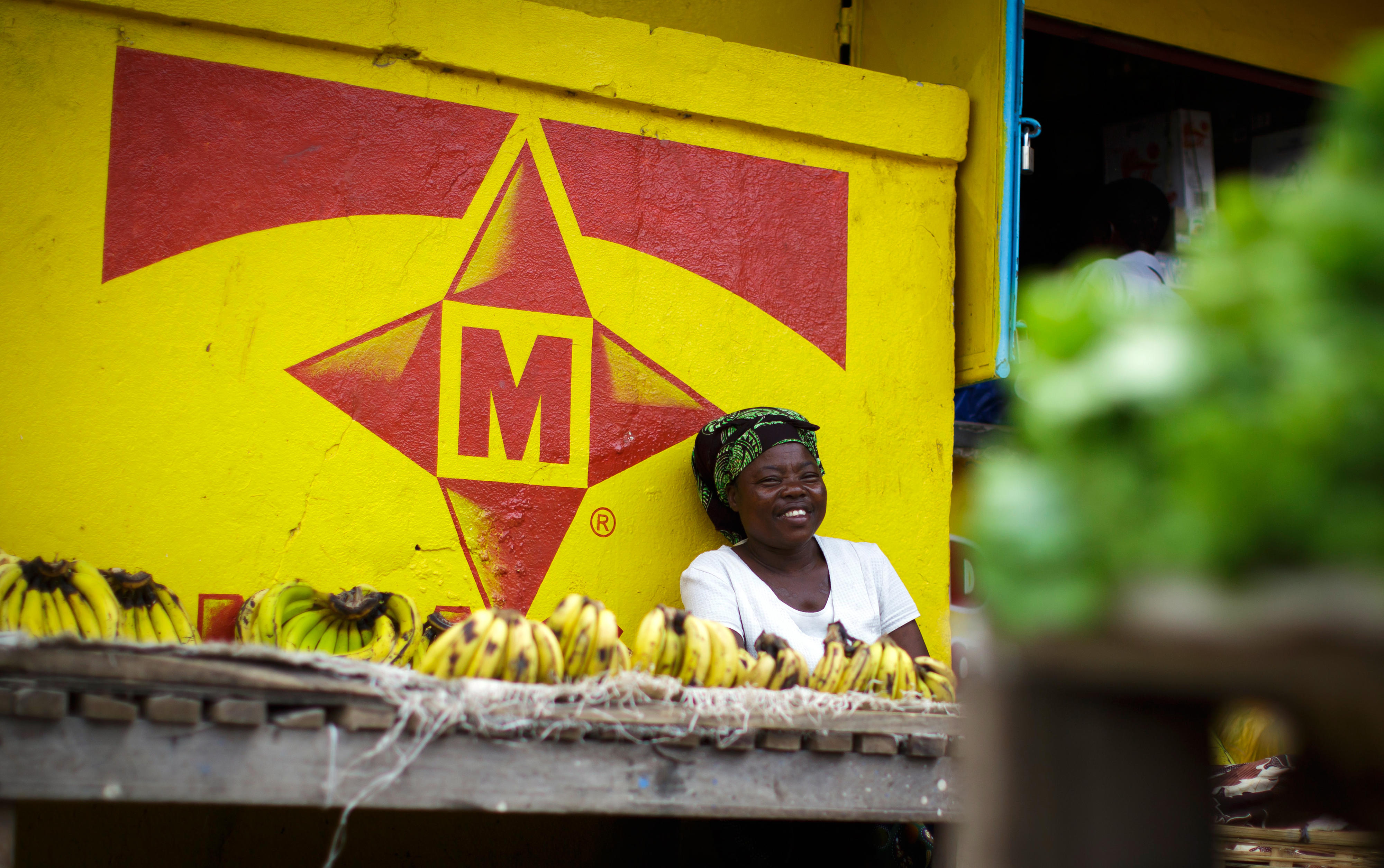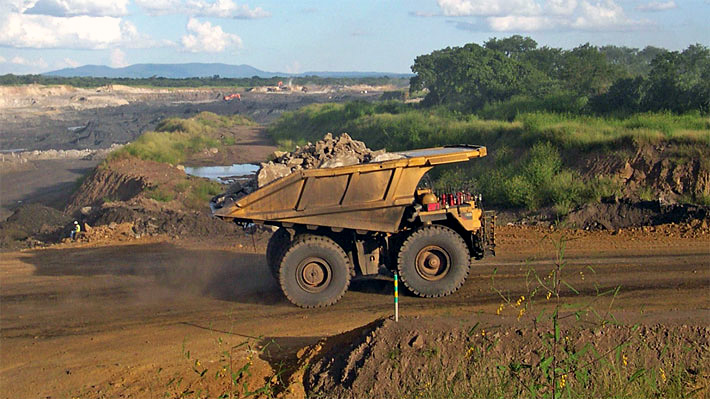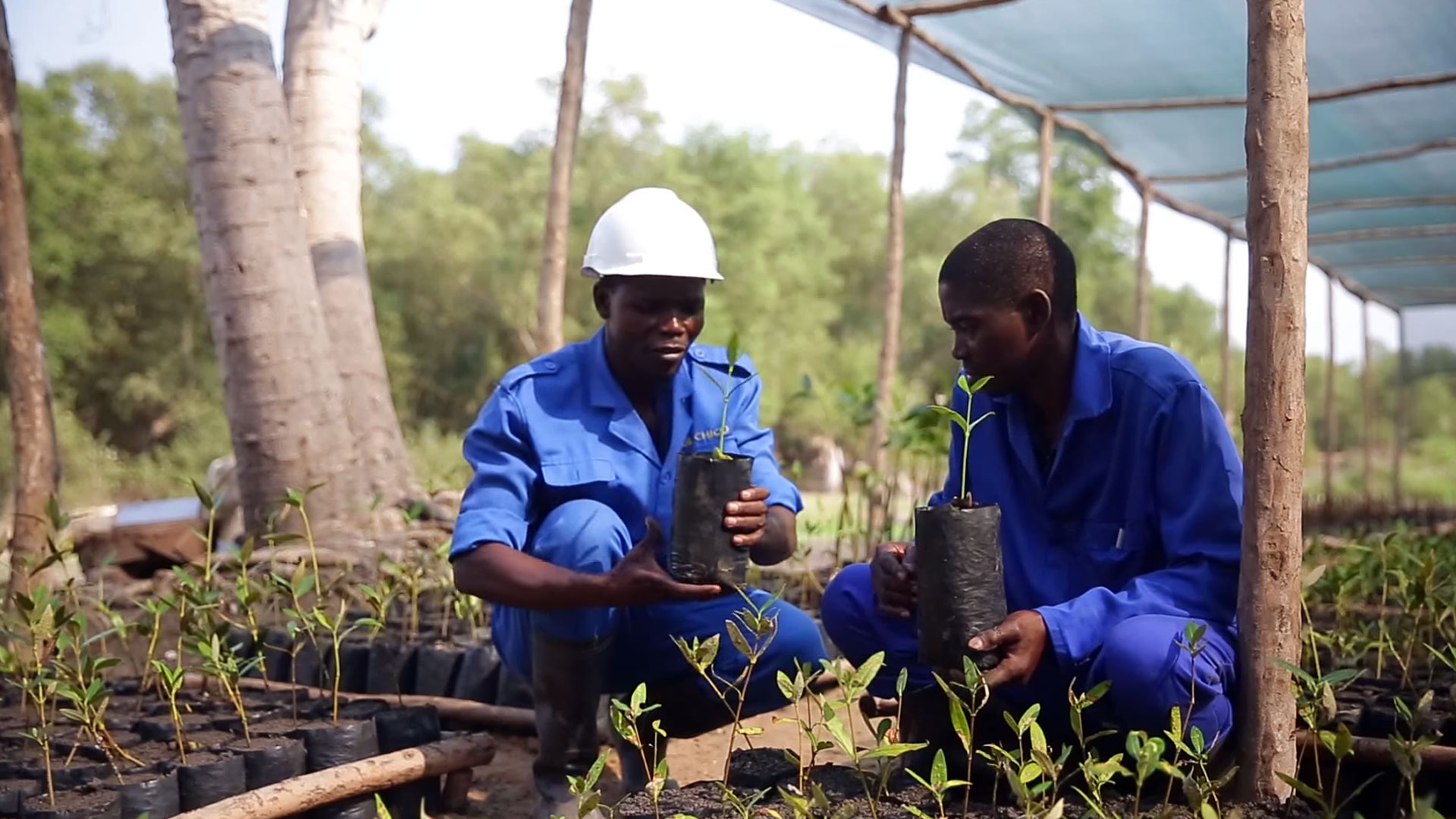Beach near Nacala, a harbour town in the north of Mozambique
Copyright© Stig Nygaard, via flickr, CC BY 2.0
Mozambique
They include attacks by Islamist militias, an extremely difficult economic situation, which has further deteriorated as a result of the COVID-19 pandemic, widespread corruption, and high levels of public debt.
Mozambique is among the world's least developed countries. The country currently ranks 182nd out of 193 countries on the Human Development Index (HDI). A large proportion of the people live in extreme poverty. Islamist terrorist attacks in the northern province of Cabo Delgado have been destabilising the country politically. According to the United Nations, about 950,000 people have been internally displaced by the attacks (as at October 2022).
Mozambique regularly experiences extreme weather events such as flooding, drought and cyclones. Natural disasters have repeatedly displaced tens of thousands of people. In the first half of 2019, two cyclones caused particularly severe damage, affecting some 1.8 million people. Efforts to rebuild the infrastructure are still under way. The central and northern parts of the country were hit by major tropical storms again in 2021 and 2022. According to experts, the risk of extreme weather events might rise in the future as a result of climate change.
German development cooperation with Mozambique
The main aim of German development cooperation with Mozambique is to reduce poverty. The focus is on sustainable economic development that benefits the entire population. In order to achieve this, it is vital to give all young people access to education and training and job prospects. It is also important to ensure that citizens gain trust in public institutions and can access public services.
Development cooperation focuses on the following core areas:
- Peaceful and inclusive societies
Areas of intervention: good governance, displacement and migration - Sustainable economic development, training and employment
Areas of intervention: technical and vocational education and training, private sector and financial sector development - Climate and energy, just transition
Area of intervention: renewable energy and energy efficiency
The bilateral cooperation activities that have been under way in the field of basic education will be continued as measures outside the agreed core areas. The Federal Ministry for Economic Cooperation and Development (BMZ) is also increasing its involvement in multilateral education initiatives, such as the Global Partnership for Education, which also benefit Mozambique. Another activity that is being pursued outside the core areas is Germany's support for biodiversity projects.
At the government negotiations in November 2022, the German government pledged 100 million euros in new funding for bilateral development cooperation with Mozambique. Together with commitments made in 2021 and earlier in 2022, especially in response to the COVID-19 crisis and to the conflict in Cabo Delgado, new support funding totalled 199 million euros.
SDG trends for Mozambique
- On track or maintaining SDG achievement
- Moderately improving
- Stagnating
- Decreasing
- Trend information unavailable
